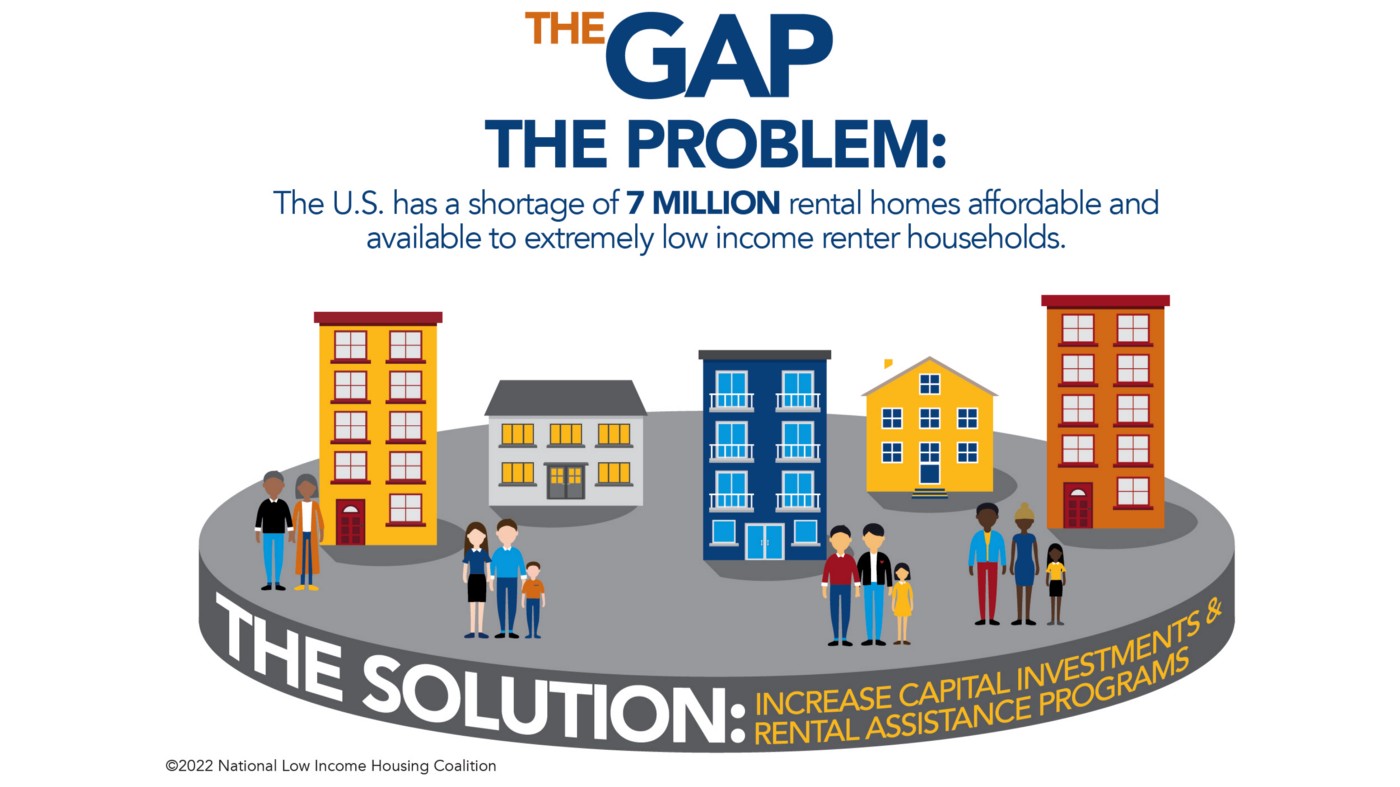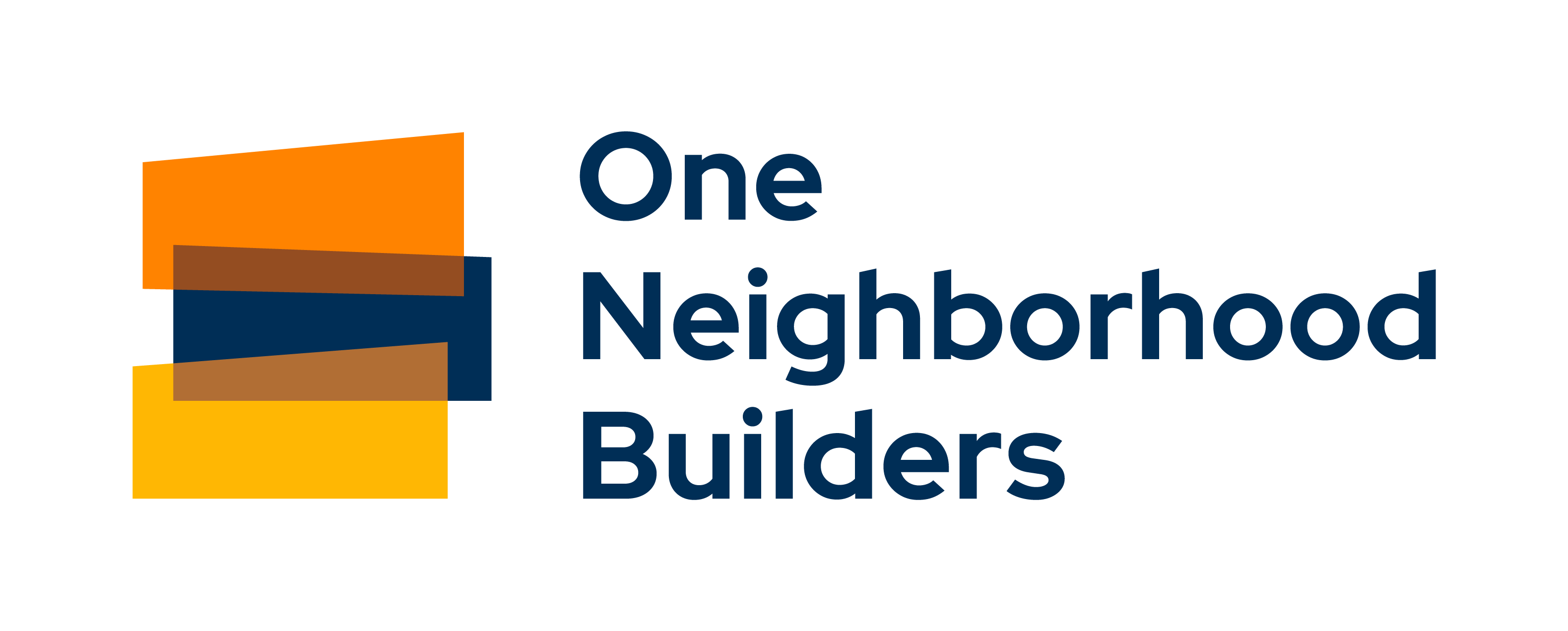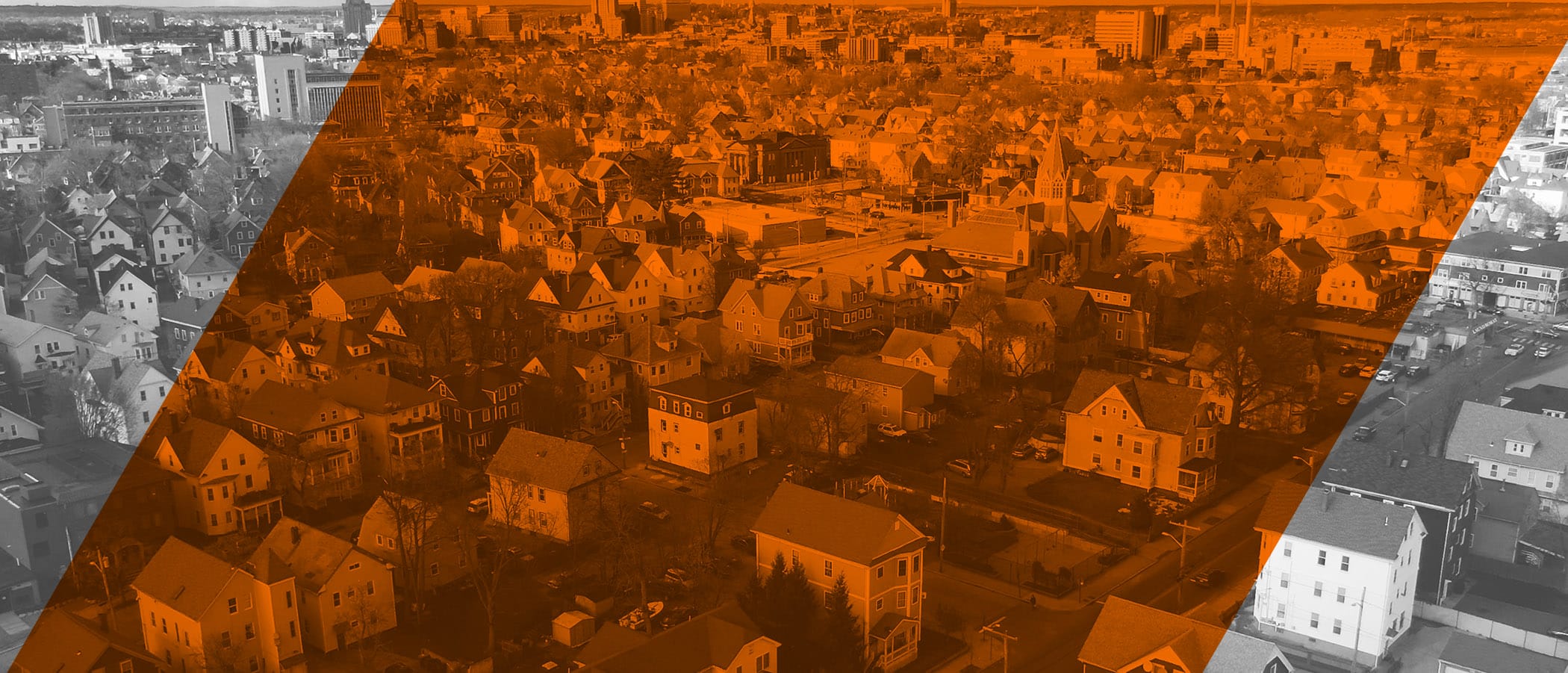
The press release below was released by Homes RI, a coalition of organizations, including ONE|NB, working together to increase and preserve the supply of safe, healthy, and affordable homes throughout Rhode Island.
DOWNLOAD PDF OF HOMES RI PRESS RELEASE | DOWNLOAD GAP REPORT
 PRESS RELEASE
PRESS RELEASE
EMBARGOED UNTIL 10am ET, April 21, 2022
Contact: Daria-Lyric Montaquila
Community Relations Specialist
401-413-8496
dmontaquila@nullhousingnetworkri.org
SEVERE SHORTAGE OF AFFORDABLE HOUSING IN RHODE ISLAND MEANS FAMILIES WITH THE LOWEST INCOMES SUFFER MOST
PROVIDENCE, RI– The Gap: A Shortage of Affordable Homes, a new report released today by the National Low Income Housing Coalition (NLIHC) and Homes RI, finds a national shortage of 7 million affordable and available rental homes for the lowest-income households.
There are just 36 affordable and available rental homes for every 100 of the lowest-income renter households nationwide. Seventy-one percent of the poorest renter households are severely housing cost burdened, spending more than half of their incomes on housing, with little left over for other basic necessities. The pandemic has only made things worse. Long-term federal investments are needed to combat this housing crisis for the lowest-income renters.
Every year, The Gap reports on the severe shortage of affordable rental homes available to extremely low-income (ELI) families and individuals. Rhode Island has 51 affordable and available rental homes for every 100 ELI households — those with incomes at or below the poverty level or 30% of the area median income (AMI). The area median income for an extremely low income household of 3 is $26,500. A rental home is considered affordable when total housing costs are no more than 30% of the gross annual household income for a household earning 80% or less of AMI.
Due to decades of underinvestment in housing development in Rhode Island, our lowest-income renters are forced to rent homes beyond what they can afford. There are 49,032 extremely low-income households in Rhode Island facing a shortage of 24,050 affordable and available rental homes — that is nearly an 11% increase in shortages compared to 2021. Approximately 74% of renters with extremely low-incomes are cost-burdened and 56% are severely cost-burdened and at risk of homelessness.
“The gap between housing costs and what our workforce can afford has been a persistent problem in Rhode Island for a long time. Of the more than 11,000 jobs represented by our state’s top 20 ‘high growth occupations,’ 72% of them do not pay employees enough to be able to afford to rent a two-bedroom apartment. Closing this gap is critical for workforce retention and the economic growth in our state,” said Brenda Clement, Director of HousingWorks RI at Roger Williams University.
The Gap report shows how lowest-income renters were disproportionately impacted by the effects of the pandemic. Although the federal government took unprecedented actions to protect these renters, these actions were temporary. Most eviction moratoriums have been lifted and resources such as federal emergency rental assistance are running out. Longer-term federal investments are needed to combat the underlying shortage of affordable homes that exposed so many of these lowest-income renters to housing instability and homelessness in the first place.
“Currently 1,318 people are experiencing homelessness in Rhode Island. Our state’s rental vacancy rate is at an all-time low, causing market rents to rise out of control. People who were housing burdened are being priced out of their homes and ending up needing shelter. Our shelters are full to capacity and because of the lack of affordable housing, people living in shelters have nowhere to move to,” said Margaux Morisseau, Deputy Director of the Rhode Island Coalition to End Homelessness.
Rhode Island needs a robust approach to increasing affordability and availability of homes. As The Gap shows, ending the long-term problem of housing affordability will require significant and sustained investments. We have a unique opportunity to propel these efforts by investing $500 million of American Rescue Plan State Fiscal Recovery funds in housing.
“Rhode Island has been positioning itself for a serious housing inventory shortage over the last three decades,” said Housing Network of Rhode Island Executive Director Melina Lodge. “The American Rescue Plan Act funds offer a transformational opportunity to Rhode Island’s leaders to invest in the production of much needed new homes, provide funds to preserve and maintain our aging housing stock, and to improve access and housing stability to the most vulnerable Rhode Islanders.”
We need a serious commitment to the production and preservation of affordable homes, stronger legal protections for renters, and support for municipalities with resources to increase capacity and improve conditions and quality of existing homes. Without these measures, the lowest-income renters will continue to be one paycheck or less away from homelessness.
For additional information, visit: https://nlihc.org/gap
###
About National Low Income Housing Coalition (NLIHC)
Founded in 1974 by Cushing N. Dolbeare, NLIHC educates, organizes and advocates to ensure decent, affordable housing for everyone. Our goals are to preserve existing federally assisted homes and housing resources, expand the supply of low income housing, and establish housing stability as the primary purpose of federal low income housing policy.
About Homes RI
Homes RI is a multi-sector coalition of organizations working together to increase the supply of safe, healthy and affordable homes throughout Rhode Island coordinated by the Housing Network of Rhode Island. HousingWorks RI and the Rhode Island Coalition to End Homelessness are both partners of Homes RI. We believe Rhode Island can and should be a state where all residents are able to live in safe, healthy and sustainable homes in thriving communities.


